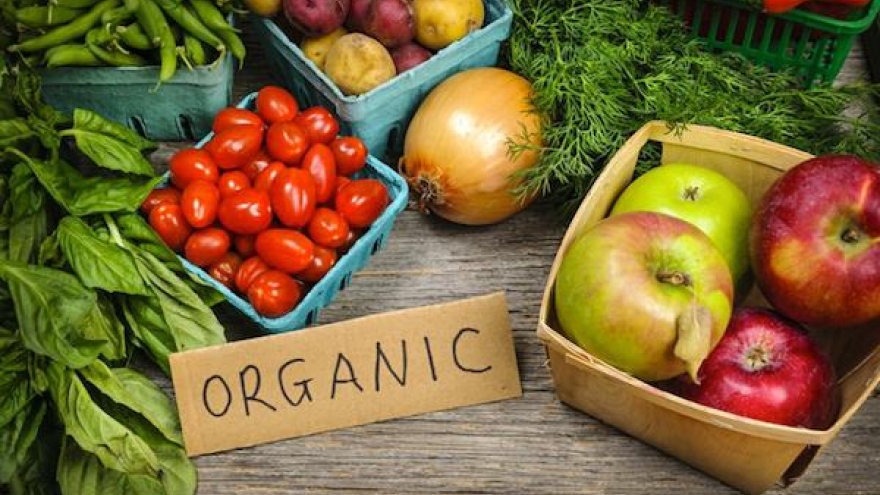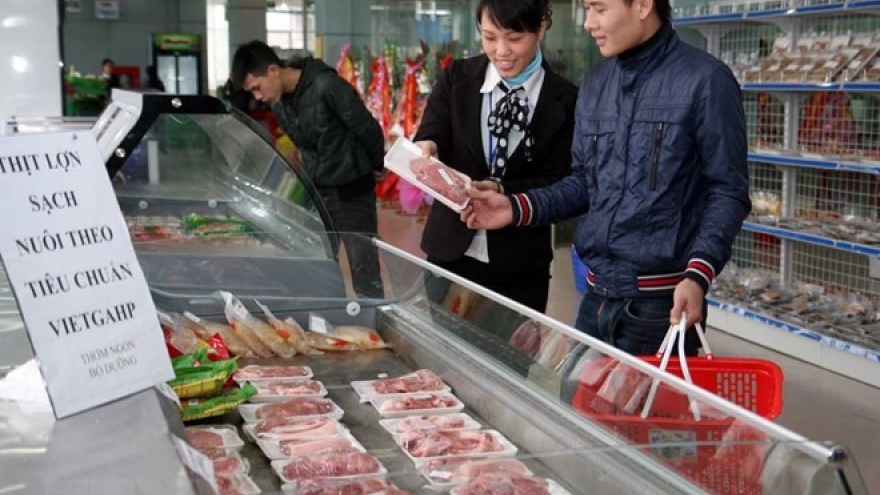Organic food market struggles for market share
With increasingly high demand, experts some years ago predicted that the organic food market would see a boom, but farmers have been reluctant to shift from traditional to organic production.
 |
|
The demand for organic food is increasingly high |
In developing organic food, production material areas play a decisive role. However, it is not easy for distributors to cooperate with farmers.
Thao recalled the days of 2013 when her company had difficulties seeking organic food supplies. “They (farmers) did not understand what ‘organic farming’ meant. They asked why they couldn’t use fertilizer and chemicals,” she said. “In principle, farmers must record all phases of the cultivation process, but the farmers didn’t.”
Lam Anh Tu, co-founder and CEO of Hoa Nang, an organic rice producer, also said it has been difficult to change farming traditions.
“As Vietnamese farmers’ knowledge about organic production remains limited, enterprises will have to spend time to persuade them to observe the principles of organic production and show them the potential of organic agriculture,” he said.
To prove the potential, businesses have to show that organic products can sell well.
Thao also said that if businesses cannot ensure stable sales, farmers will not observe the principles of organic production strictly and will give up the production model.
“I have to talk to farmers about what plants to grow and promise to buy the majority of their products,” she said. “I even have to lend money to them for land reclamation and equipment.”
Market growing, but slowly
Estimates about the value of the organic food market vary, from $17 million to $270 million. However, experts all agree that the market potential is great. With the growing demand for organic food, the organic food market has become a new land for businesses to embrace.
Nielsen reported that 37 percent of Vietnamese people said health is the biggest concern for them. At least 80 percent of consumers are concerned about the long-term impacts that artificial substances can have, and 76 percent want to know the content of the food they use daily.
Pham Sang, director of SEAF, an investment fund, noted that Vietnamese whose income is increasing tend to choose safe food.
According to the Vietnam Industry and Trade Information Center, organic agriculture exists in 33 out of 63 provinces and major cities.



